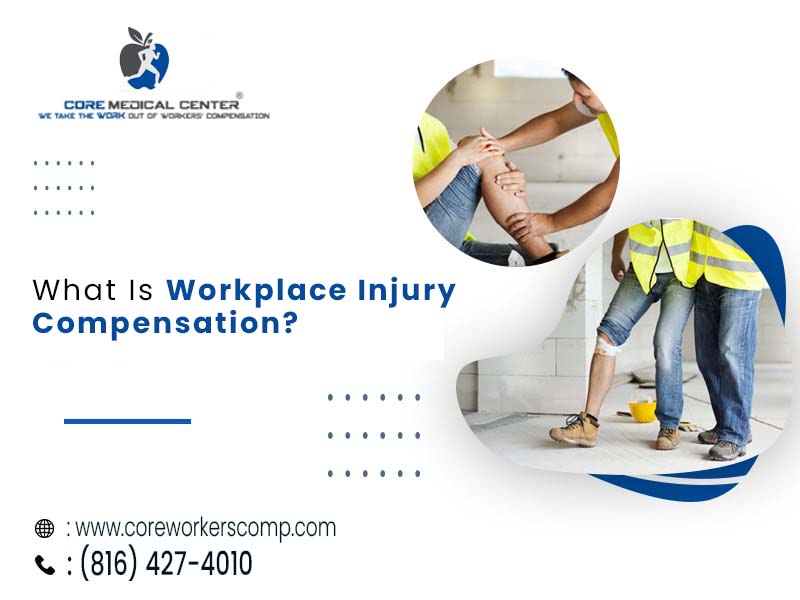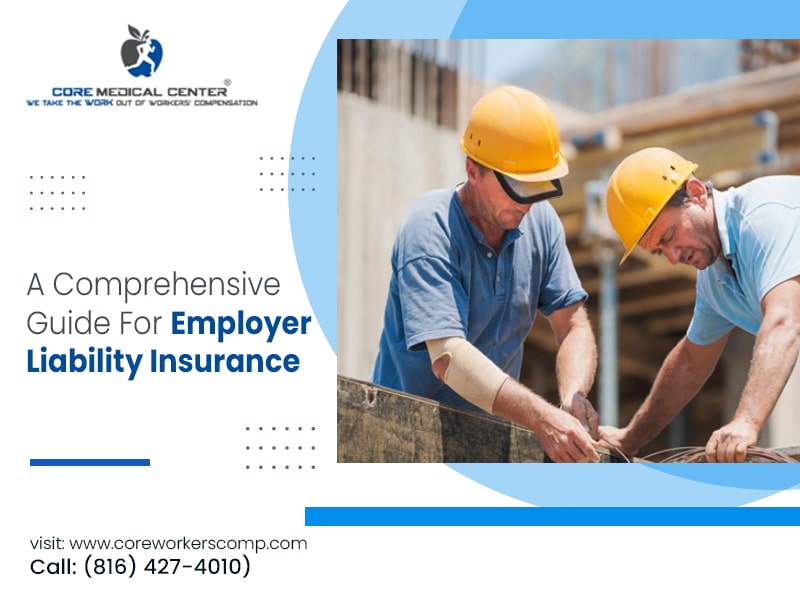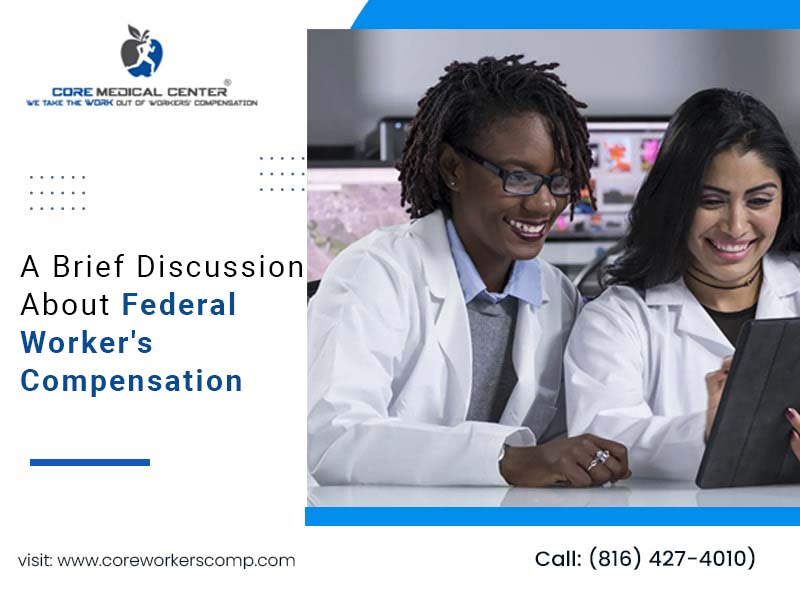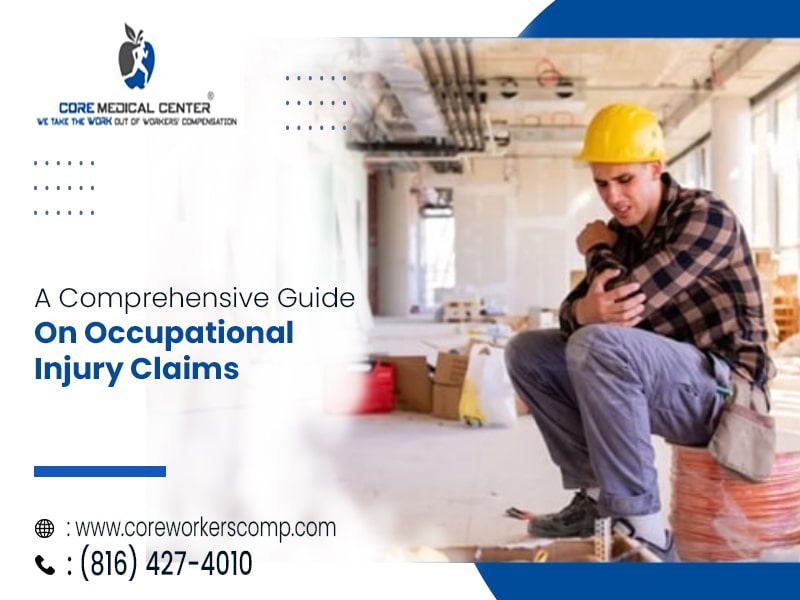Both companies and employees are extremely concerned about workplace safety. Accidents and injuries can still happen despite our best efforts to establish a safe working environment. In such cases, it is vital to ensure workers’ compensation benefits are easily accessible. This blog will thoroughly guide Workplace Injury Compensation in brief.
If you also want to get benefits of Workplace Accident Claims in the USA, contact Core Medical Center. We have a skilled team who can assist you in getting the compensation by doing all the necessary official paperwork and will provide you with medical treatment for speedy recovery.
Let’s delve into the discussion:-
- What is Workplace Injury Compensation?
- How Does Workplace Injury Compensation Work?
- Why Is Compensation for Workplace Injuries Important?
What is Workplace Injury Compensation?
Employees who experience work-related illnesses or injuries can receive financial assistance and benefits through workers’ compensation, also known as workers’ comp or workplace injury compensation. It is a no-fault system, so employees are typically eligible for compensation regardless of who caused the illness or injury.
The following are the main goals of Workers’ Compensation:-
Giving medical attention:
For illnesses and injuries contracted at work, workers’ compensation provides the costs of medical care and rehabilitation. This covers trips to the doctor, stays in hospitals, operations, prescribed drugs, and therapy.
Replacing lost wages:
When a worker cannot work due to an illness or accident sustained on the job, workers’ compensation offers wage replacement payments. It helps cover living expenses while the person focuses on recovering.
Disability benefits:
If an employee’s injury or sickness leads to a temporary or permanent impairment, which restricts their capacity to work, workers’ compensation can also provide disability benefits. This offers crucial financial support during a challenging period.
Death benefits:
In the tragic event of a work-related fatality, workers’ compensation can help the deceased employee’s remaining dependents. This comes in the form of death benefits, providing financial assistance during an incredibly difficult time for the family.
How Does Workplace Injury Compensation Work?
Reporting the injury:
The injured worker must immediately notify their employer to start a workers’ compensation claim. Your employer must be notified as soon as possible following the incident because different jurisdictions have different reporting requirements.
Seek medical attention:
Getting medical help right away after suffering an injury is critical. You might be able to select your healthcare provider from a list provided by your employer for workers’ compensation cases.
Making a claim:
Your employer or their workers’ compensation insurance provider will send you the necessary claim forms. Fill out and send in these forms as directed.
Investigation and determination:
The insurance company or the representative chosen by your employer will look into the claim to see if it is valid. To decide whether to accept or reject the claim, they will review medical records, speak with potential witnesses, and take into account other pertinent information.
Benefits disbursement:
Depending on the type and extent of your injuries, you may be eligible to get the proper benefits, such as medical care, salary replacement, disability benefits, or death benefits, if you get approval for your claim.
Why Is Compensation for Workplace Injuries Important?
Protection for employees:
When a person gets hurt at work, Workplace Injury Compensation ensures that they have access to medical care and economic assistance, lessening the financial load on them and their families.
Encouraging safety measures:
Employers strongly encourage the maintenance of safe working conditions and implementing safety measures to prevent workplace accidents because they must be responsible for workers’ compensation benefits.
Legal compliance:
In most jurisdictions, employers must offer their employees workers’ compensation coverage. If you don’t, there may be fines and legal repercussions.
Conclusion
A vital safety net for workers, Workplace Injury Compensation gives them access to medical care and financial help when they sustain work-related illnesses or injuries. If you want to make Workplace Accident Claims in the USA, contact Core Medical Center. We can offer you both medical and official assistance to get the compensation.





Recent Comments